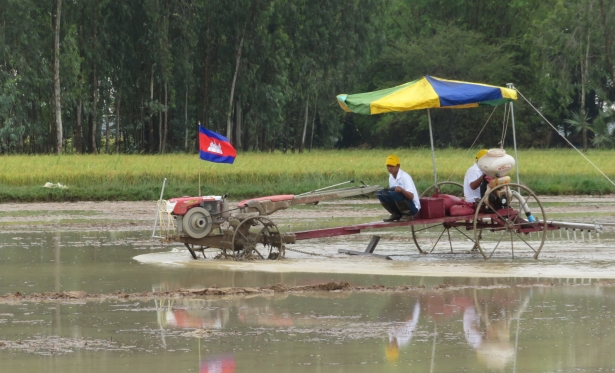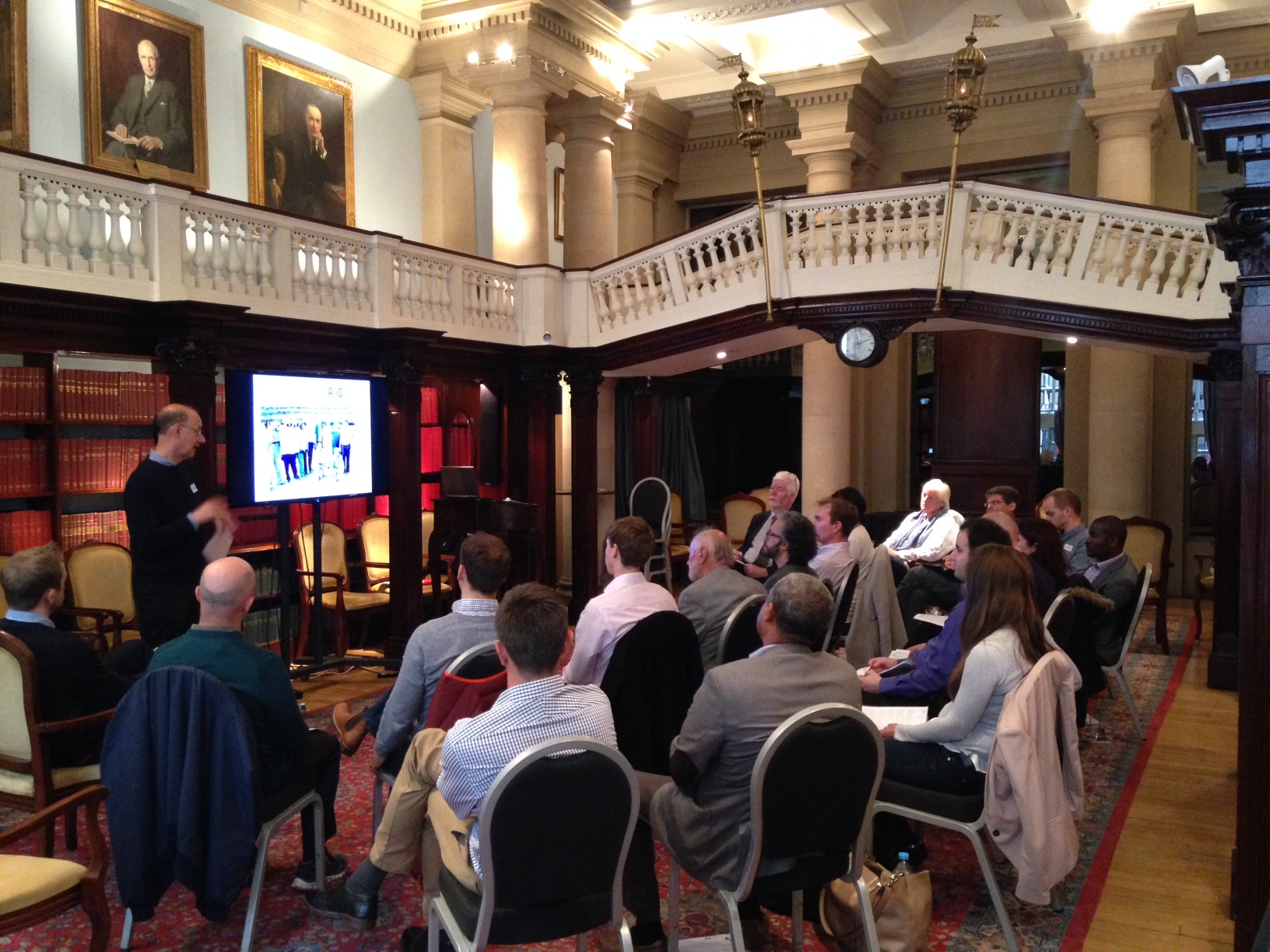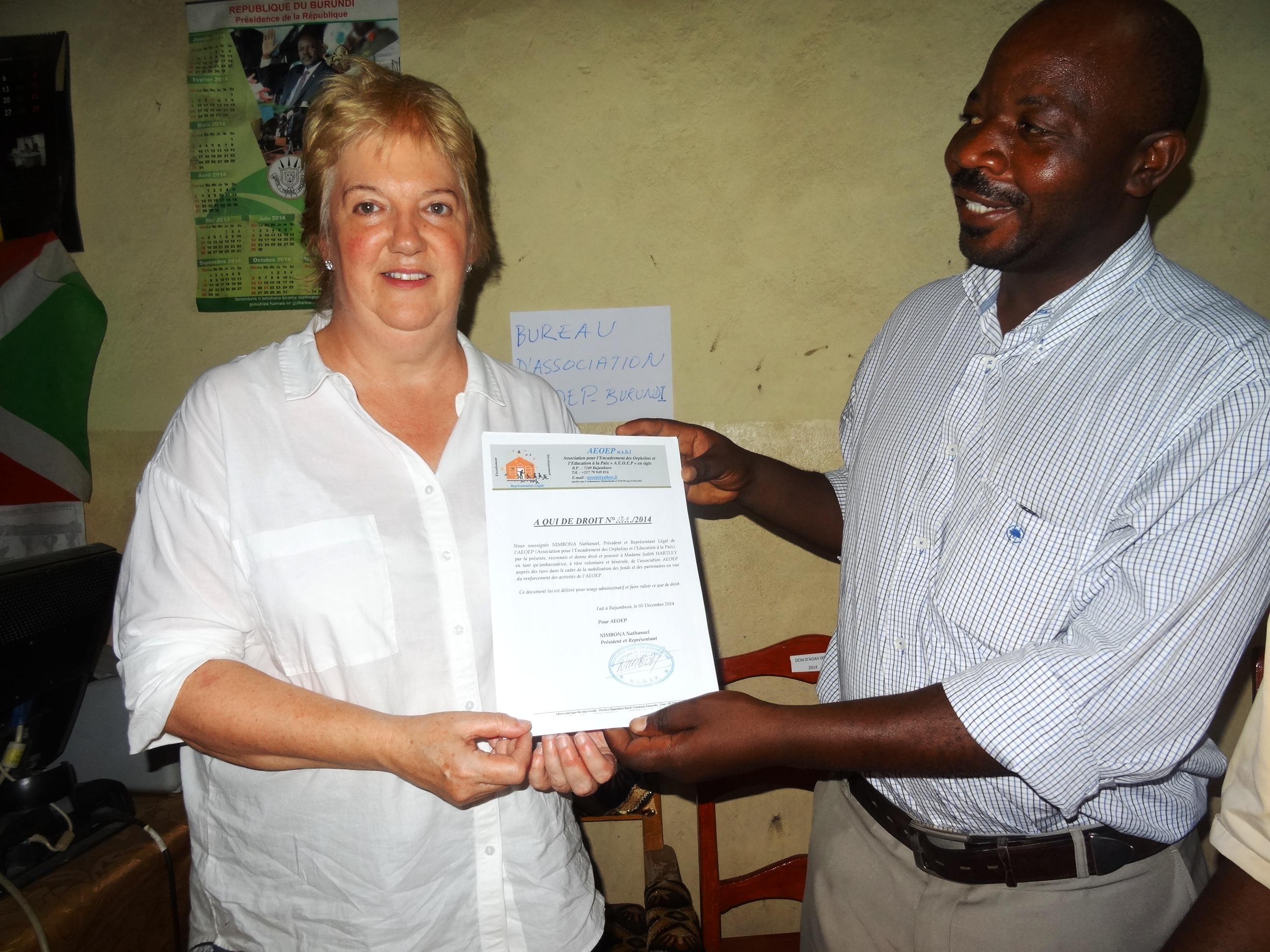CIPFA's PF Magazine features AfID 'remote volunteers'06.07.2021
Charity begins at home
An organisation providing voluntary accounting support to charities in developing countries says remote volunteering could be here to stay.
When Covid-19 hit, the work of UK social enterprise Accounting for International Development ground to a halt. However, over the past year, it has adapted to a new way of working, learning lessons that it says could change the face of overseas volunteering forever.
“When the true extent of the pandemic first hit, our immediate priority was, naturally, to get our overseas volunteers home safely, says AfID’s volunteer manager, Dave Busby. Once this mission was successfully tackled, the team faced a new challenge. “Our overseas charity partners were still in need of financial management support, often for their very survival,” Busby says, “but there was little prospect of sending volunteers abroad for the foreseeable future.”
Along with most organisations in the world, AfID looked at how it could adapt its existing ways of working. “Our overseas volunteers often do some preliminary work from home with the organisations they are heading out to support, and we started thinking about how this could be extended,” Busby says.
Rather than cancelling assignments, AfID amended briefs to allow its volunteers to provide remote support – by email, telephone and video conferencing. AfID’s partner organisations abroad have varying connectivity and infrastructure capabilities, Busby says. “With a little patience and inventiveness, remote assignments can work – from large international charities with cloud-bbased accounting software and established video-conferencing protocols, to small grassroots charities in rural locations, using WhatsApp and online file sharing tools.
AfID, founded in 2009, hopes it will be able to gradually restart volunteer assignments this year. But Busby believes that remote volunteering is here to stay in one form or another: “We are incredibly eager to resume overseas placements, but have seen that part-time remote support over a longer period fits better with many organisations’ needs.
“It gives local staff the time to absorb new information and put what they’ve learned into practice, before picking up with the volunteer on any queries or gaps in understanding at a later date. Nothing will ever replace a qualified finance professional sitting next to a local bookkeeper and going through things with them one-to-one in real time, but we definitely see a more mixed approach to supporting our partners in the future, combining both in-person assignments and remote support.”
CASE STUDY: Rice Magic
VOLUNTEER: Sharida Hassan had long experience in both the private and public sector before moving to the not-for-profit sector, following an overseas volunteer assignment with AfID in Malawi.
PARTNER ORGANISATION: Brooklyn Bridge to Cambodia (BB2C), which works to improve the livelihoods of Cambodian farmers, using innovative rice planting technology to remove back-breaking manual work.
ASSIGNMENT: Six days of part-time support over four months. Sharida reviewed BB2C’s use of systems, including accounting software QuickBooks, which was not being fully utilised. She also worked closely with the organisation’s staff to simplify reporting, introduce new policies and procedures and helped to develop a projected cashflow schedule. Sharida helped move part of the accounting function to a new firm.
SHARIDA SAYS: “Even though working remotely, I built a great connection with Paula Shirk, BB2C’s founder and chief executive, and could feel the impact of the great work the organisation does. With Paula in the US, the local team and third-party accounting firm in Cambodia and myself in Malaysia, flexibility proved key to working remotely because of the different time zones. We made it work and had a smooth transition of the accounting functions.”
Original article featured in the July edition of CIPFA's PF Magazine.





.PNG)